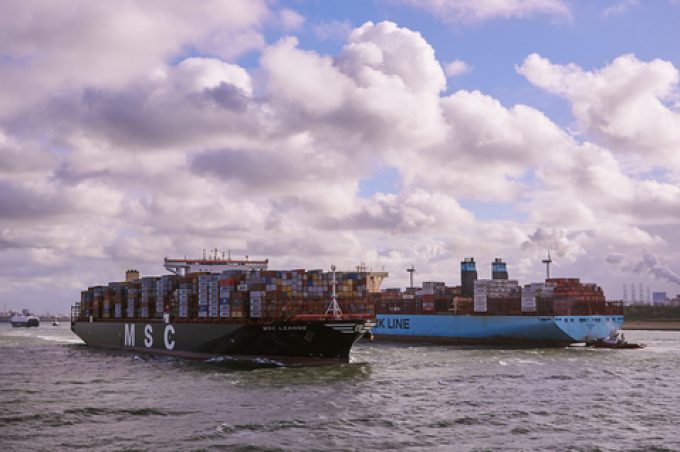Top box lines locked out of Santos bid as Maersk loses appeal
Maersk’s appeal to Brazil’s judiciary that it ought to be allowed to bid for port ...

In practice, the 2025 termination of the 2M vessel-sharing agreement (VSA) between Maersk and MSC is likely to come much sooner.
And, like in any divorce, reducing the animosity of the break-up during the ‘decree nisi’ period will be challenging.
Acrimony will likely surface in operational meetings, ...

Comment on this article